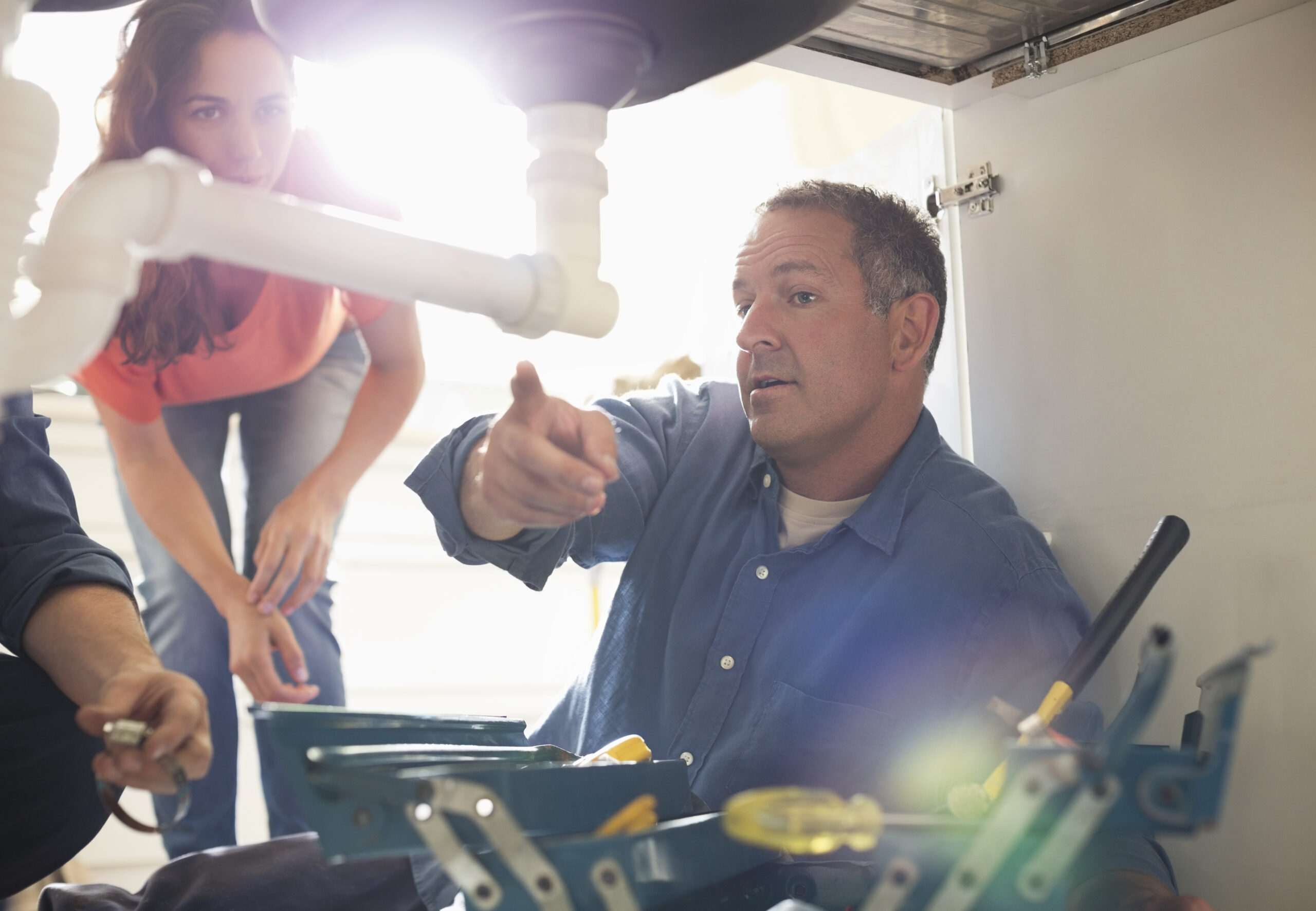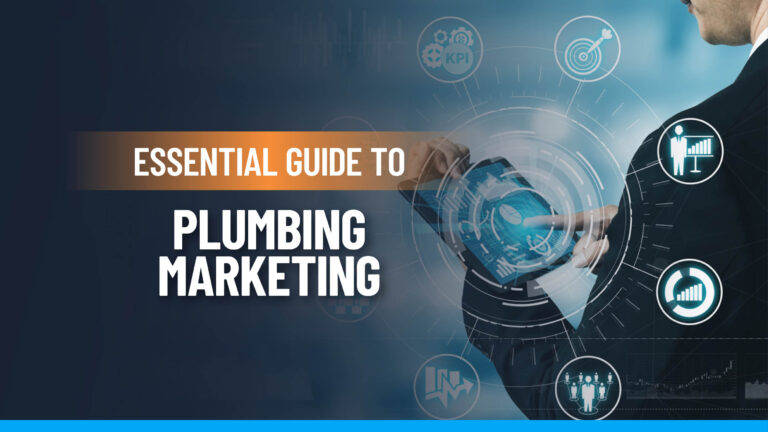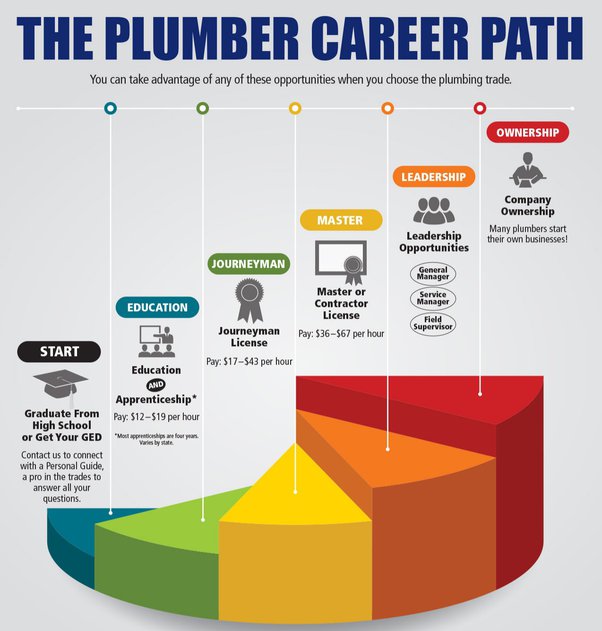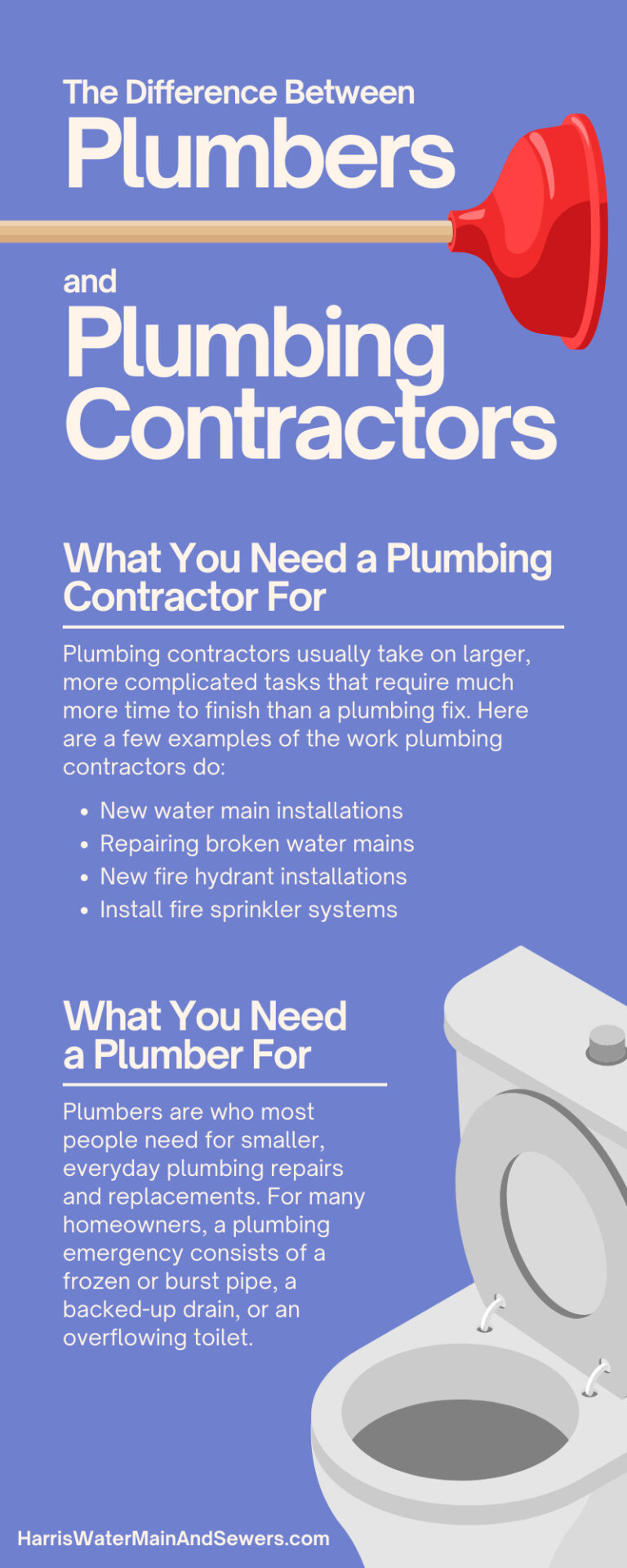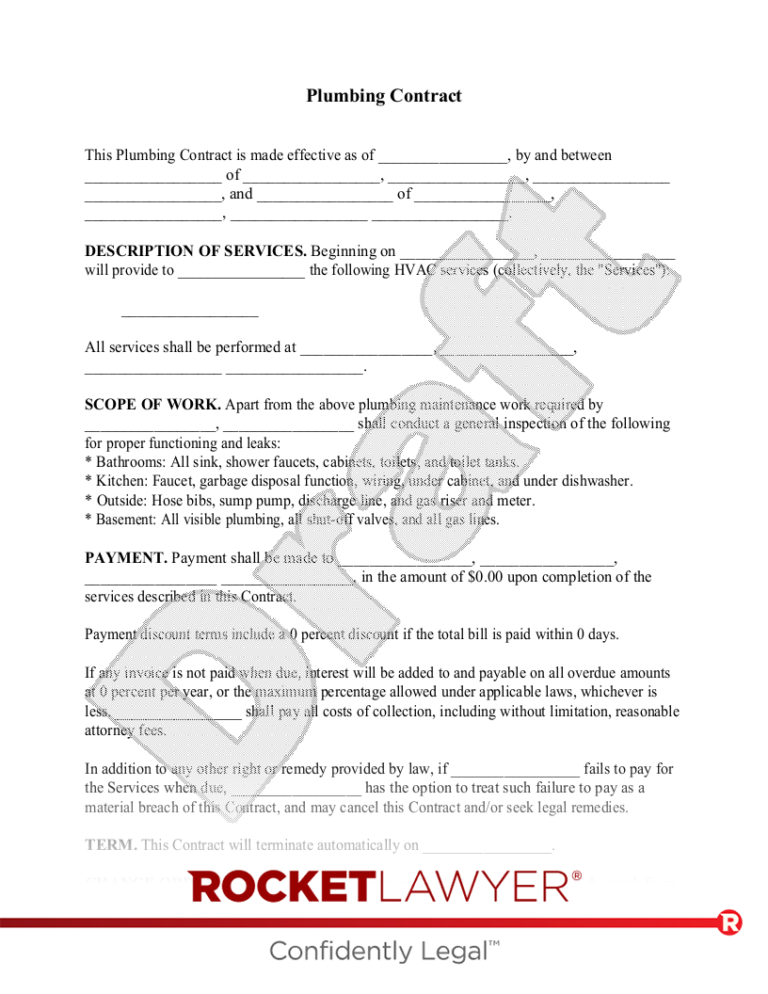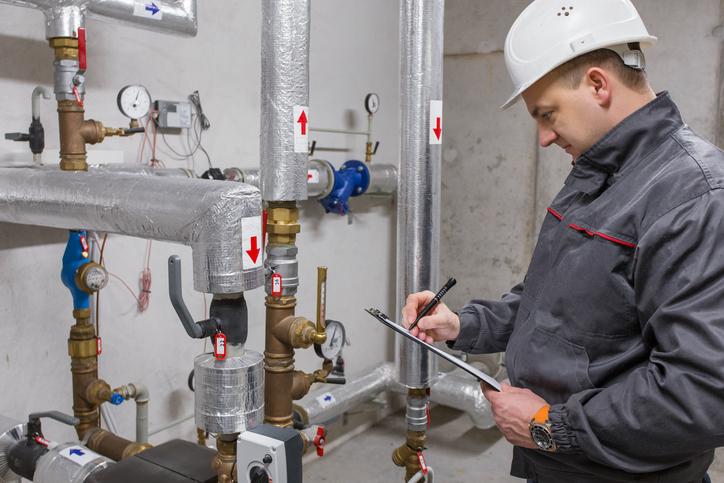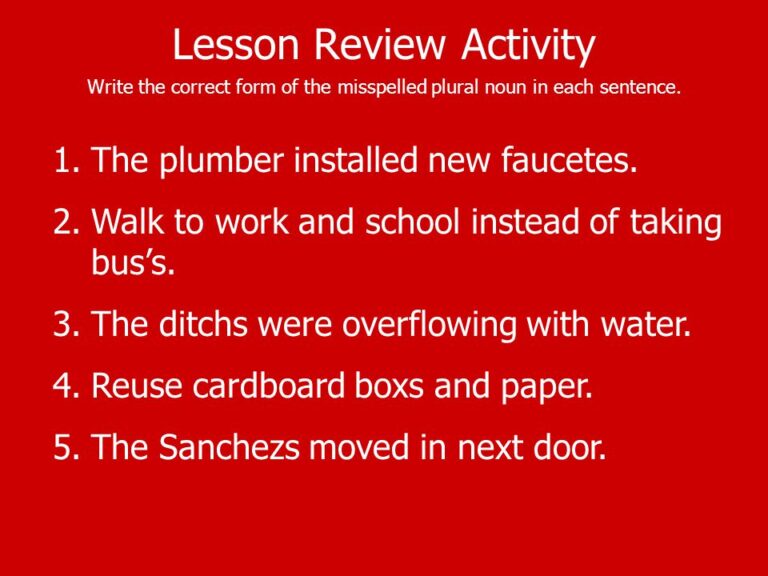How Long Does It Take To Learn Plumbing?
Plumbing is a trade that requires a combination of technical knowledge, hands-on experience, and physical strength. While there is no simple answer to the question of how long it takes to learn plumbing, it generally takes anywhere from two to four years to reach a level of proficiency that allows you to take on most basic plumbing jobs. With the right education and training, however, it is possible to become a certified plumber in a much shorter time. In addition, the more hours you put into studying and practice, the faster you will be able to learn the skills and techniques needed to become a successful plumber.

Overview of Plumbing
Plumbing is the system of pipes, drains, fittings, and fixtures that are used to transport water and other fluids from one area of the home or building to another. It is a critical part of any home or commercial building’s infrastructure, and it is responsible for carrying out essential tasks such as providing clean drinking water, disposing of used water, and controlling humidity levels. From basic repairs and maintenance to complete system installation, plumbing is a vital component of any home or business that requires a comprehensive understanding of its components and how they interact with each other. Understanding how plumbing works can help you identify and address problems quickly and efficiently, ensuring that your home or business maintains a safe and comfortable environment.
Essential Skills for Plumbers
Plumbers are essential workers, responsible for the installation, maintenance, and repair of a number of water-related systems and fixtures. To be successful in this trade, plumbers require a range of skill sets. From understanding the physics of water flow, to problem-solving and troubleshooting, to being able to work with a variety of materials, plumbers must have a diverse set of abilities. They must have a thorough understanding of regulations and safety codes, and must be able to interpret blueprints and diagrams. Additionally, communication skills are essential for plumbers to be able to explain technical concepts to clients and work with other tradespeople. Plumbers must be able to communicate effectively and efficiently to ensure successful installations. With the right skills, plumbers can be an invaluable asset to any project.
Length of Time Involved in Becoming a Plumber
Becoming a plumber requires a lot of time and dedication. It takes about four to five years to become a certified plumber and gain the skills necessary to work in this field. During this time, individuals must complete a combination of classroom education, on-the-job training, and apprenticeships. This training must include courses in mathematics, science, blueprint reading and basic plumbing principles. After gaining the necessary education and experience, individuals must pass a licensing exam to get their plumbing certification. With the right commitment and hard work, becoming a plumber is an achievable goal that can open many doors in the future.
What to Learn Before Taking a Plumbing Course
Plumbing courses are a great way to gain the skills required to enter the plumbing profession and become certified. Before taking a course, it is important to have a good understanding of the fundamentals of plumbing, including the tools and materials used, the different types of pipes and fittings, and the basic principles of plumbing. Additionally, it is important to understand the different types of plumbing systems, such as residential, commercial, and industrial, and how they differ from one another. It is also beneficial to familiarize yourself with any local codes and regulations that may be applicable to your specific plumbing project. Taking the time to learn about plumbing before taking a course can help you make the most of your learning experience and become a successful and certified plumber.
Benefits of Learning Plumbing
Learning plumbing provides a range of benefits, from increased earning potential to a more fulfilling career. Plumbing can be a lucrative profession with many opportunities for advancement. By learning the basics of plumbing you can open up a wide array of possibilities, from becoming a licensed plumber to starting your own business. You can also save money by making repairs and maintenance on your own, rather than hiring a professional. Additionally, plumbing offers a great sense of accomplishment and satisfaction; when you fix a problem, you can feel proud that you did it yourself. Finally, plumbing is a skill that can be used to help others, whether it’s helping a friend with a plumbing issue or volunteering to help those in need. Learning plumbing can be a great way to create a better life for yourself and those around you.
Resources for Learning Plumbing
Plumbing is an essential trade for many homes and businesses, requiring specialized knowledge and tools. Resources for Learning Plumbing provides comprehensive information and advice to help individuals interested in taking up plumbing as a profession, as well as those looking to undertake DIY projects. Our blog posts cover a range of topics, from the basics of plumbing systems and the tools required, to the more complex aspects of the trade. We also provide guidance on safety, regulations, and industry best practices. With our up-to-date advice and information, we’re the go-to resource for those looking to get started in plumbing or expand their knowledge. So, whether you’re looking to become a professional plumber or take on a DIY project, you can be sure to find the right advice here at Resources for Learning Plumbing.
FAQs About the How Long Does It Take To Learn Plumbing?
1. How long will it take to learn the basics of plumbing?
Answer: It can take anywhere from a few weeks to a few months to learn basic plumbing skills, depending on your level of commitment and individual aptitude.
2. What is the best way to learn plumbing?
Answer: The best way to learn plumbing is to start by taking a course or class from a local college or trade school. This will give you the opportunity to learn the basics of plumbing, as well as gain hands-on experience in a supervised environment.
3. Can I learn plumbing on my own?
Answer: Yes, it is possible to learn plumbing on your own. However, it is recommended that you take a course or class to gain a thorough understanding of the fundamentals of plumbing. Additionally, it is important to take safety precautions and use the proper tools when attempting to do plumbing work on your own.
Conclusion
In conclusion, learning plumbing can take anywhere from a few months to a few years depending on the level of proficiency you are trying to achieve. With the right mix of education, dedication, and experience, you can become a skilled plumber in no time. The key is to start learning and practicing as soon as possible and to never stop learning new techniques and technologies in order to stay ahead of the game.

